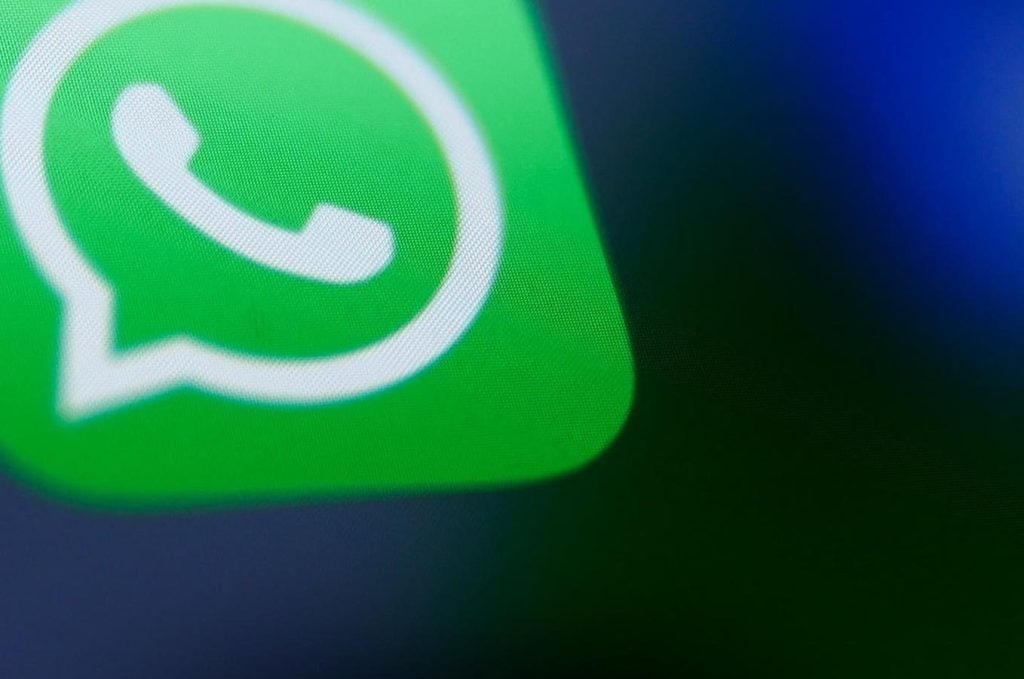WhatsApp has recently made it clear just how seriously it takes the security and privacy of its 3 billion users by threatening to leave India rather than compromise on encryption. The messaging platform, owned by Meta, has built a strong reputation based on the strength of its security features, which has encouraged billions of users to trust the app with their messages, calls, and media. India is WhatsApp’s biggest market, with around 500 million users, making it a crucial battleground in the fight for digital privacy and security.
The Indian government has introduced new legislation, the Information Technology (Intermediary Guidelines and Digital Media Ethics Code) Rules, in an attempt to combat the issue of not being able to access end-to-end encrypted content for security and law enforcement purposes. This legislation allows law enforcement to use the courts to force social media companies to disclose the sender of an original message to trace illegal or dangerous content back to its source. WhatsApp has taken a strong stance against this, stating that complying with these rules would require breaking end-to-end encryption and pose a threat to the privacy of all its users.
WhatsApp’s counsel, Tejas Karia, has argued in the High Court in New Delhi that if the platform is forced to compromise on encryption, it will have to store millions of messages for years, potentially compromising the privacy of users. The bench questioned whether similar demands had been made in other parts of the world, to which the response was that there are no such rules in place elsewhere. The issue at hand is not just about India, but about setting a precedent that could lead to other countries demanding similar access to encrypted content.
The global debate around encryption and lawful interception is heating up, with law enforcement agencies across the world calling for technology platforms to enable access under lawful mandates. European law enforcement chiefs have also joined the conversation, pushing for technology companies to maintain the ability to identify and report illegal activities, including child exploitation. WhatsApp has emphasized that creating traceability for messages would result in a new form of mass surveillance, requiring messaging services to keep extensive databases of user messages.
The outcome of the hearing in India will have significant implications not only for WhatsApp but for Meta and other technology companies around the world. If WhatsApp were to compromise on its encryption in one country, it could set a dangerous precedent for other nations to demand similar access to encrypted content. The platform’s refusal to comply with the Indian government’s demands highlights the importance of protecting user privacy and maintaining the integrity of end-to-end encryption. The ongoing debate underscores the challenges faced by technology companies in balancing security and privacy concerns with the demands of law enforcement agencies.


